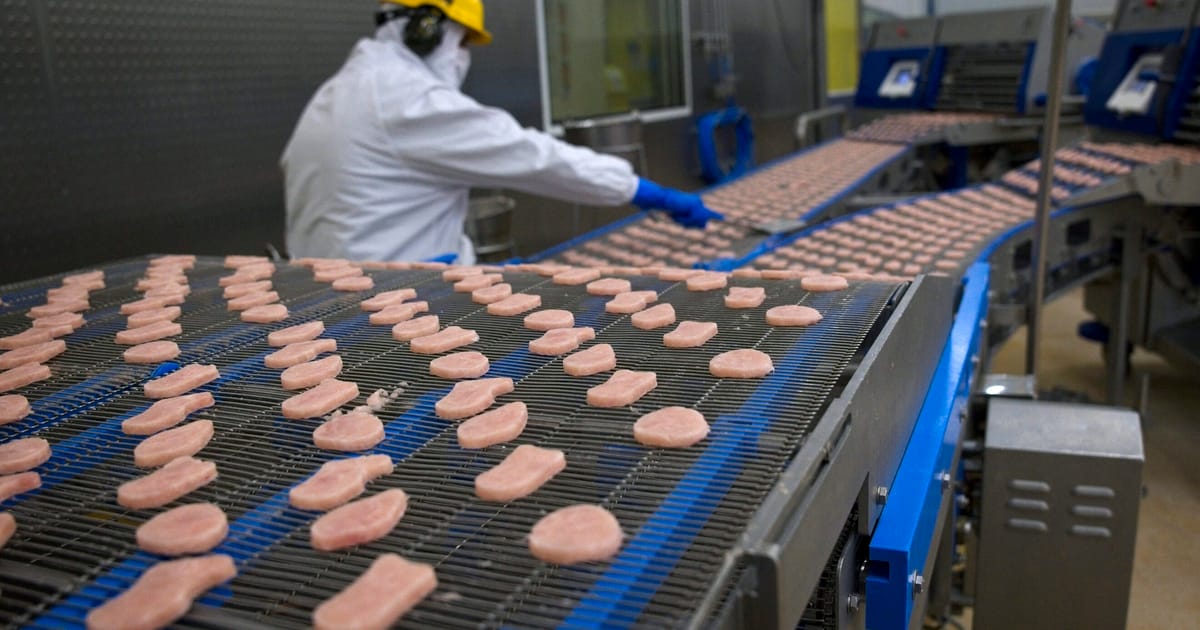- cross-posted to:
- [email protected]
- cross-posted to:
- [email protected]
“We have to stop destroying the planet as we feed ourselves,” a World Bank official said, as red meat and dairy drive CO2 emissions.
Cows and milk are out, chicken and broccoli are in — if the World Bank has its way, that is.
In a new paper, the international financial lender suggests repurposing the billions rich countries spend to boost CO2-rich products like red meat and dairy for more climate-friendly options like poultry, fruits and vegetables. It’s one of the most cost-effective ways to save the planet from climate change, the bank argues.
The politically touchy recommendation — sure to make certain conservatives and European countries apoplectic — is one of several suggestions the World Bank offers to cut climate-harming pollution from the agricultural and food sectors, which are responsible for nearly a third of global greenhouse gas emissions.
…
The paper comes at a diplomatically strategic moment, as countries signed on to the Paris Agreement — the global pact calling to limit global warming to 1.5 degrees Celsius — prepare to update their climate plans by late 2025.



what’s a better name we could come up with for Soy Drink? we just need a new word
Legume Malk
Bean Nectar
Nut Juice
I think it now just says SOY or OATS on the packaging. Seems marketing figured out that if you stop the drink you can increase the font size.
I always drink plenty of malk.
But seriously I’ve seen malk and also just “m*lk”.
Here is an alternative Piped link(s):
malk
Piped is a privacy-respecting open-source alternative frontend to YouTube.
I’m open-source; check me out at GitHub.
“Notmilk”? I mean its not milk, and kinda rolls like nut milk
According to German “what to call stuff that’s not actually juice” rules, assuming for a second that we consider soy a fruit, it’d be “soy nectar”.